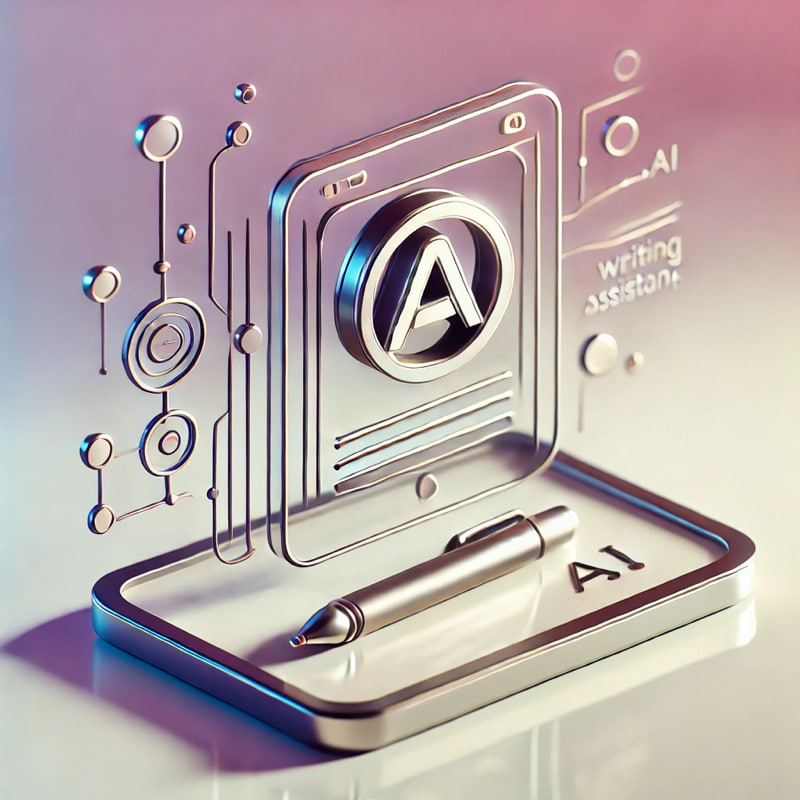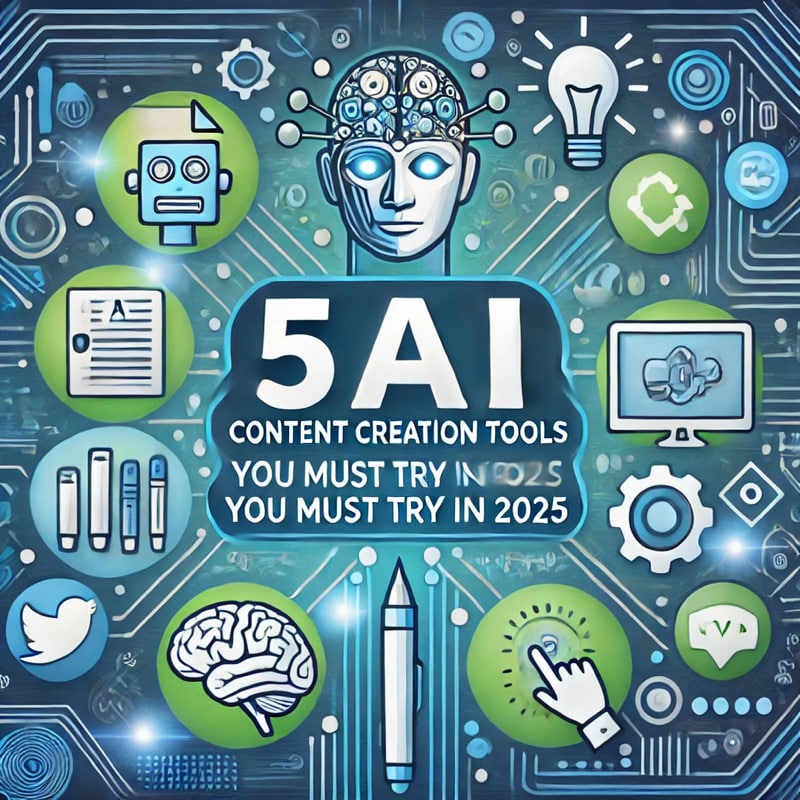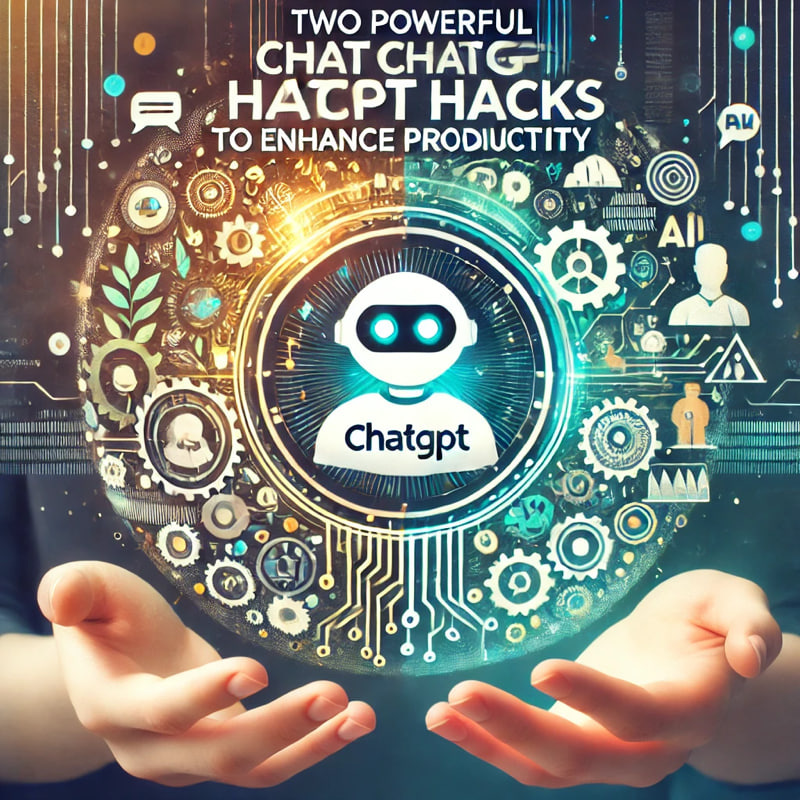
ChatGPT has revolutionized various industries, including content creation, marketing, and customer service. Among the many ways to monetize ChatGPT, one standout strategy is offering personalized AI writing assistant services. This approach combines creativity, AI-driven solutions, and innovative techniques to generate revenue effectively. In this case study, we explore how this monetization method works and why it’s a lucrative opportunity.
The Monetization Model: Personalized AI Writing Assistant Services
The concept involves using ChatGPT as a dedicated assistant to help individuals and businesses craft content. Whether it’s blog posts, marketing copy, or email drafts, ChatGPT can deliver high-quality content efficiently. Here’s how one entrepreneur successfully turned this idea into a profitable venture.
Case Study Overview
Entrepreneur: Sarah Collins
Objective: Create a subscription-based writing service using ChatGPT.
Target Audience: Freelancers, small businesses, and marketers needing affordable content solutions.
Monetization Method: Monthly subscription model offering unlimited access to personalized content creation.
Step-by-Step Implementation
1. Identifying the Niche
Sarah noticed a gap in the market: small businesses struggled to afford high-quality content creation services. She decided to position her offering as an affordable alternative, leveraging ChatGPT’s efficiency.
AI Tips Used:
• Conducting market research using ChatGPT to identify trends and demands.
• Generating keyword ideas to define the niche (e.g., “affordable content writing service”).
2. Creating a Subscription Model
Sarah established a tiered pricing structure:
• Basic Plan: 10 content pieces per month.
• Premium Plan: Unlimited content with quicker turnaround times.
To add value, she offered personalized revisions, ensuring each piece matched the client’s tone and style.
AI Hacks Used:
• Using ChatGPT’s “Role-Playing” hack to act as a content strategist, creating tailored marketing plans for clients.
• Automating responses with ChatGPT to streamline client communications.
3. Marketing the Service
Sarah focused on SEO-rich content to attract traffic to her website. She optimized her site with the keywords AI tips and AI hacks to improve search engine rankings.
AI Tips Used:
• Generating blog posts like “5 Benefits of AI Content Creation” to drive organic traffic.
• Using ChatGPT to craft engaging email campaigns and social media ads.
4. Delivering High-Quality Results
Clients submitted requests through a simple form on her website. ChatGPT, guided by Sarah’s pre-set templates and client instructions, generated drafts quickly.
AI Hacks Used:
• Utilizing the “Iterative Feedback” hack to refine content until it matched client expectations.
• Applying AI-based sentiment analysis to ensure tone and message alignment.
Results
Within six months, Sarah’s AI writing assistant service became a hit:
• Subscribers: Grew from 10 to 150 monthly subscribers.
• Revenue: Reached $7,500/month.
• Customer Retention: 85%, thanks to consistent quality and personalized service.
Why This Method Works
1. Scalability: ChatGPT allows Sarah to handle multiple clients without hiring additional staff.
2. Affordability: Clients get high-quality content at a fraction of traditional costs.
3. Efficiency: AI reduces turnaround times, keeping clients satisfied.
Conclusion
This case study demonstrates how monetizing ChatGPT as a personalized AI writing assistant can be a lucrative business. By using AI tips and AI hacks, entrepreneurs can streamline operations and attract a loyal client base. If you’re considering monetizing ChatGPT, this model offers a proven path to success. Start small, refine your niche, and watch your revenue grow!







